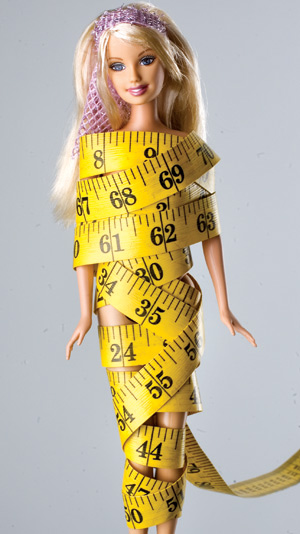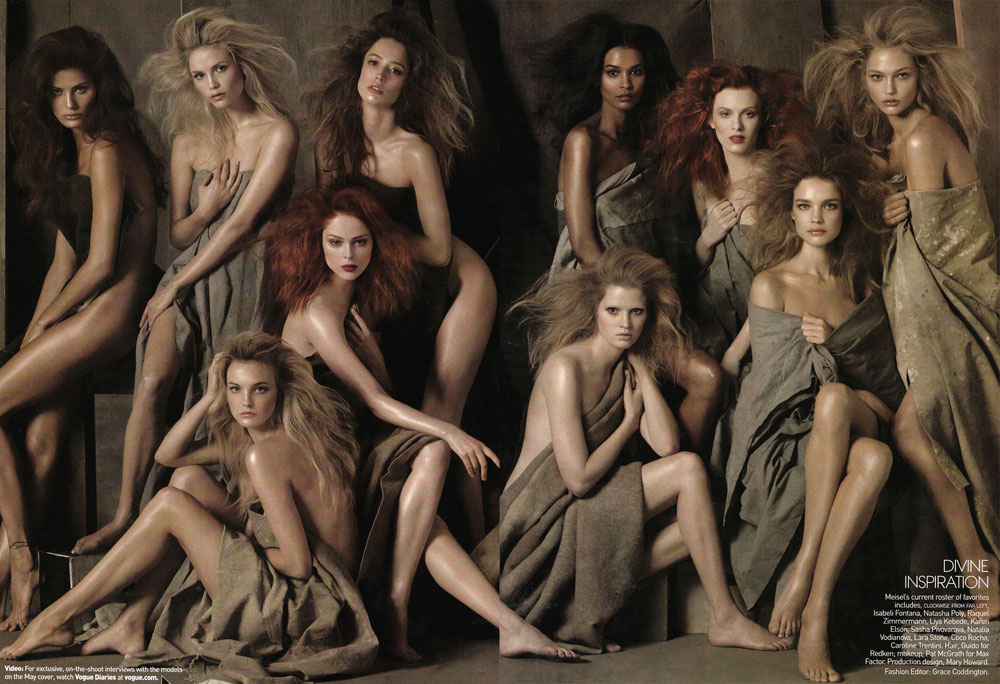We Were Meant to be Seen and Not Heard
Aesthetic Obsession
Female Liberation and Female Beauty
Duped by Feminism
Love? Said the Commander
Depth:
In this post I reference ceremonies and traditions celebrated in Hinduism, and how many of these traditions could be considered somewhat sexist, but that no one seems to have a problem with this.
Nina commented on my blog about Bell Hooks' piece on feminism. She wanted to know about my personal views on the topic Hooks discusses. She asks me about the importance of silence for the suppression of women, and how Atwood portrays it in The Handmaid's Tale. I responded telling Nina how I did feel that forced silence does play a large role in the suppression of women.
Interaction:
Talking Back and the Sins of Silence
Pooja and Monique had been talking about Monique's blog on the Sins of Silence, and Talking Back. We talked about the use of silence, and how it was either suppression or power. Pooja thought that silence created power, an idea from 1984, while Monique and I both thought that silence "gave men the upper-hand" in society.
Discussion:
Aesthetic Obsession
Jorina asked questions on my opinion towards the Barbie doll, whether I agreed with Gilman on her ideas about Barbie. Jorina argues that Barbie allows children to be creative and imaginative, whereas I respond saying that I thought this imagination was very limited, and restricted. Barbie molds the imagination of children, which isn't necessarily a good thing.
Xenoblogging:
A Rough Commentary: Falling Women
I had commented on Pooja's post with her commentary on the excerpt from The Handmaid's Tale. I really liked her commentary, and agreed with all her ideas. I asked a few questions regarding on of her paragraphs, because I found her take on "falling" and love as God, very interesting.
Wildcard:
Duped by Feminism
In this blog post I wrote about Susan Faludi's Blame It On Feminism. Faludi discusses how feminism has created unhappiness for women, even though women had become more successful. This was caused by the fact that women had lost men, they're one (biological) want. In all this newly achieved independence and "equality" women had, somewhere along the life, missed the feeling of needing someone, or having someone, being dependent--getting married, having kids.



